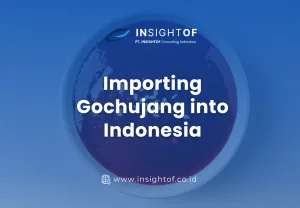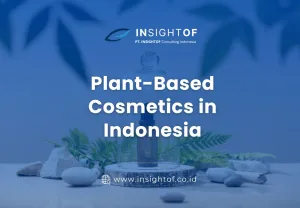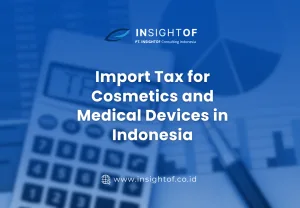Responding to the increase in non-compliant blue-labeled skincare products, BPOM is stepping up its oversight in beauty clinics nationwide. This effort involves all 76 BPOM technical units across Indonesia and includes a Forum on Regulating Non-Compliant Blue-Labeled Skincare scheduled for May 6, 2024.
L. Rizka Andalusia, Acting Head of BPOM RI, emphasized that today’s campaign launch aims to educate the public about the safe use of cosmetics, especially non-compliant blue-labeled skincare. These products are labeled with blue tags, often contain strong medications, and are mass-produced and sold online without prescriptions or medical supervision. They’re meant for personalized treatments based on doctors’ prescriptions for diagnosed conditions.
Earlier this year, BPOM inspected beauty clinics nationwide from February 19 to 23, 2024. During this period, they found 51,791 non-compliant cosmetic products worth Rp2.8 billion. These included cosmetics with banned or harmful substances, non-compliant blue-labeled skincare, unlicensed products, beauty injections, and expired cosmetics.
Due to the health risks and impact on legal businesses, BPOM stresses the importance of compliance to protect market standards. They’ve partnered with health associations like IDI and IAI, and gained support from public figures and organizations to enforce regulations effectively.
Additionally, BPOM has rallied support through the “BERSERU Together Regulate Blue-Labeled Skincare” initiative from all sectors (government, academia, businesses, communities, and media). They’ve also launched the Supervision of Blue-Labeled Skincare Regulations program to educate clinic owners and healthcare providers on regulatory requirements for blue-labeled skincare. This includes expert-led seminars on cosmetic oversight at healthcare facilities, led by BPOM, the Indonesian Medical Association, and the Association of Beauty Clinics.
The forum aims to strengthen partnerships and ensure effective oversight of non-compliant blue-labeled skincare products. BPOM urges all stakeholders to actively participate in achieving the campaign’s goals.
Reference:








